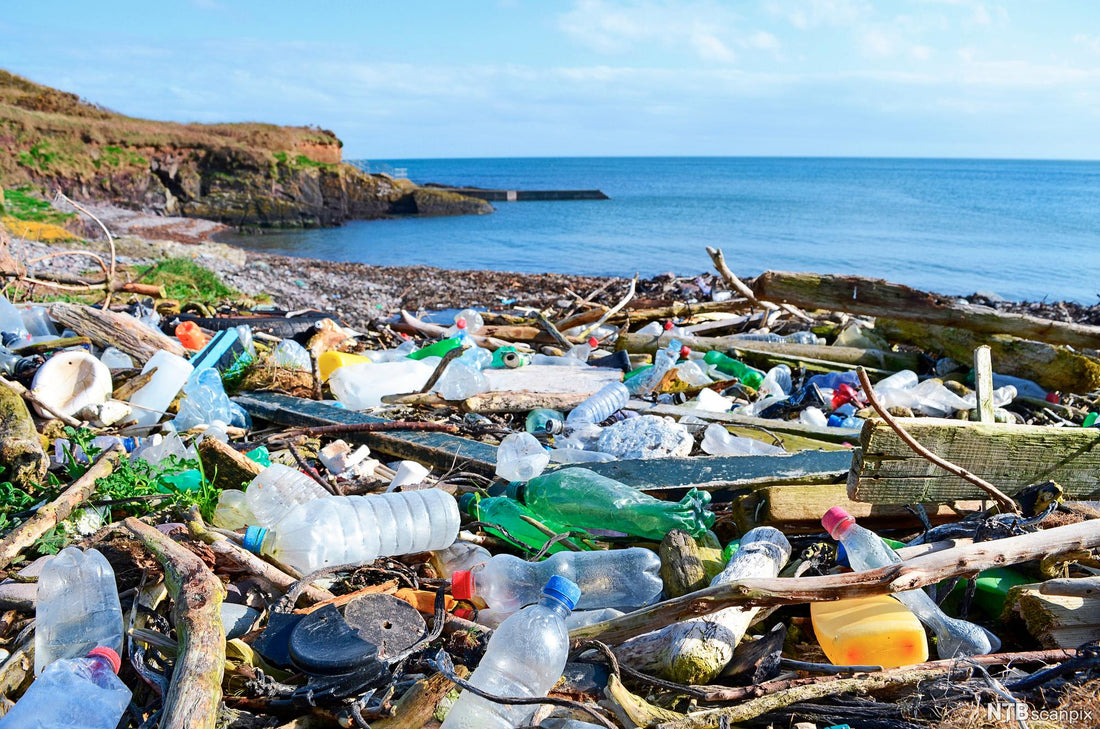It's 8:30am, a great time to go for a walk around town. We're docked on Lake Union, Seattle, an amazing place to see everything from seaplanes to kayakers to hot-tub soakers. We walk past houseboat dwellers jutting from the water like sculptures and smile to ourselves, amazed that a place like this, so dynamic and quirky that it hardly looks real, actually is. And we're lucky enough to moor here, enjoying this indie music lovers' scene.
We curve around a bend in the lakefront and have to stop dead in our tracks: A dumpster is piled with trash in heaps. Bottles, jars, caps, tubes, forks, straws, spoons, knives, bags, grizzled toothbrushes, takeout containers, toilet brush handles, unrecognizable shards, lipstick flasks, dispenser pumps.
As liveaboards, we've stepped up our awareness about single-use plastics and what it's doing to our environment and the oceans. We have been cruising for some time now and after covering a few nautical miles, we've seen a lot plastic on passages. Plastics are choking our oceans and they're not good for us either.

Trillions of pieces of plastic are floating around our oceans and the problem is only getting worse. Every year, we dump millions of tons of plastic into the sea, and much of it ends up harming marine life and polluting our food chain.
But plastic pollution isn't just bad for the environment, it's also bad for our health. Exposure to BPA, a chemical found in many plastics, has been linked to a variety of health problems, including cancer, infertility and endocrine disruption.
So what are we doing about it?
We avoid extra packaging whenever possible, choose products made from recycled materials or sustainable alternatives to plastic, we bring our own tote bags to the grocery store and so does practically everyone we know. But we all need to do more. These small switch-outs are just part of what we're doing, but we're committed to them:
- Drink filtered water from a reusable bottle instead of bottled water – an Odisea tumbler is a smart choice 😉.
- Use glass or ceramic storage containers instead of plastic Tupperware.
- Choose fresh organic fruits and vegetables over packaged/canned ones.
- Cook from scratch more often and avoid processed foods which are often packaged in plastic.
- Avoid using plastic wrap and baggies; instead, use reusable beeswax wraps or glass storage containers.
Cumulatively, the tweaks and minor daily adjustments account for real change.

